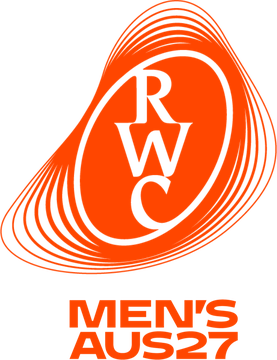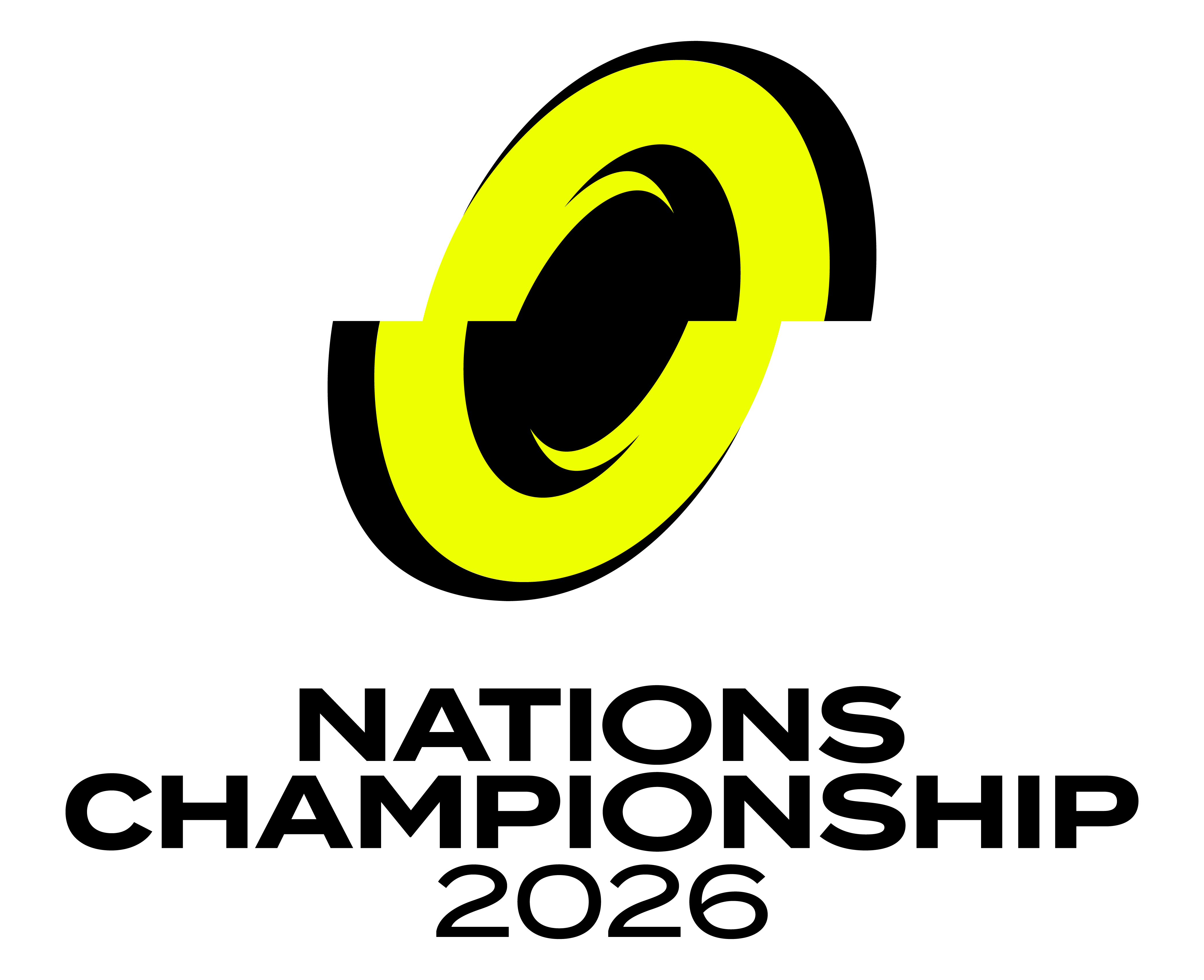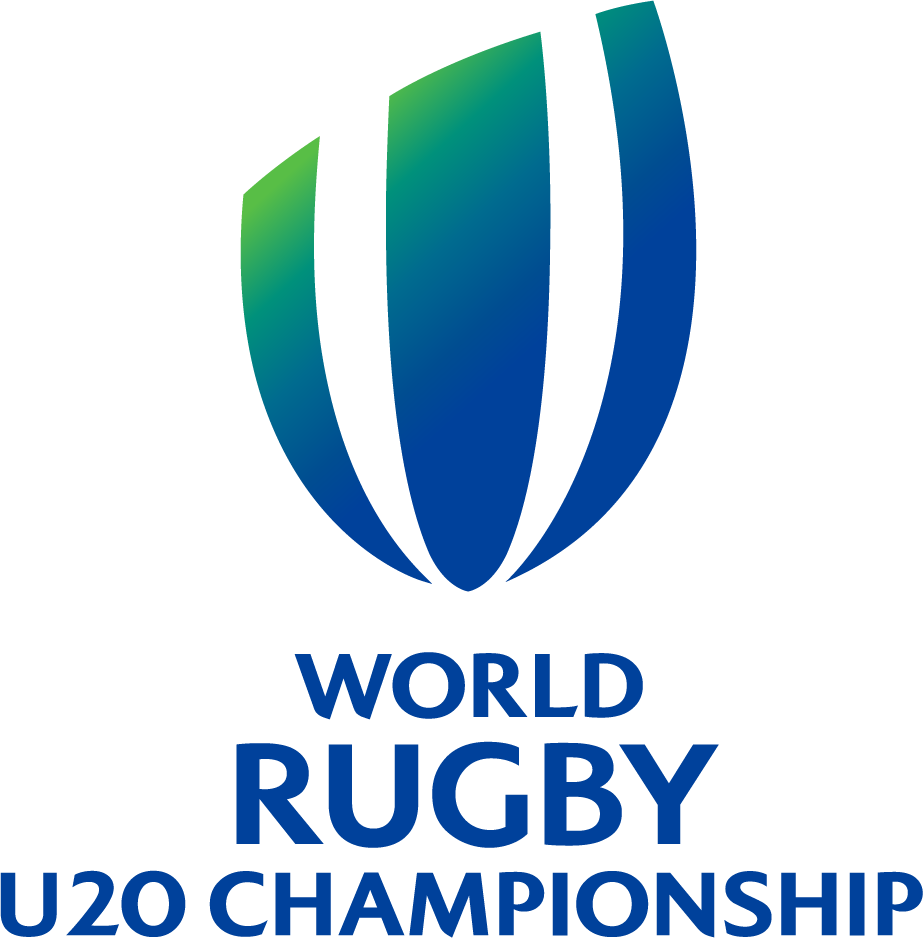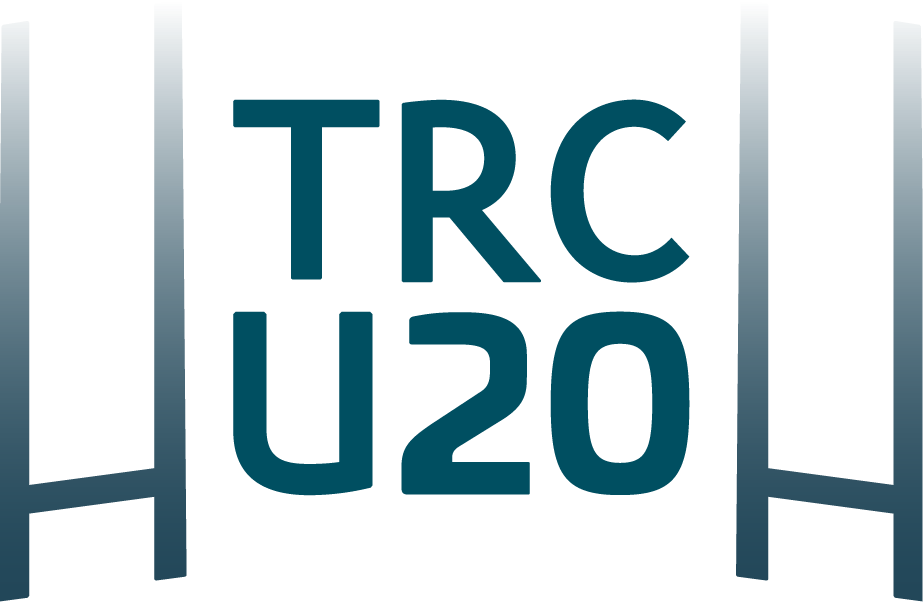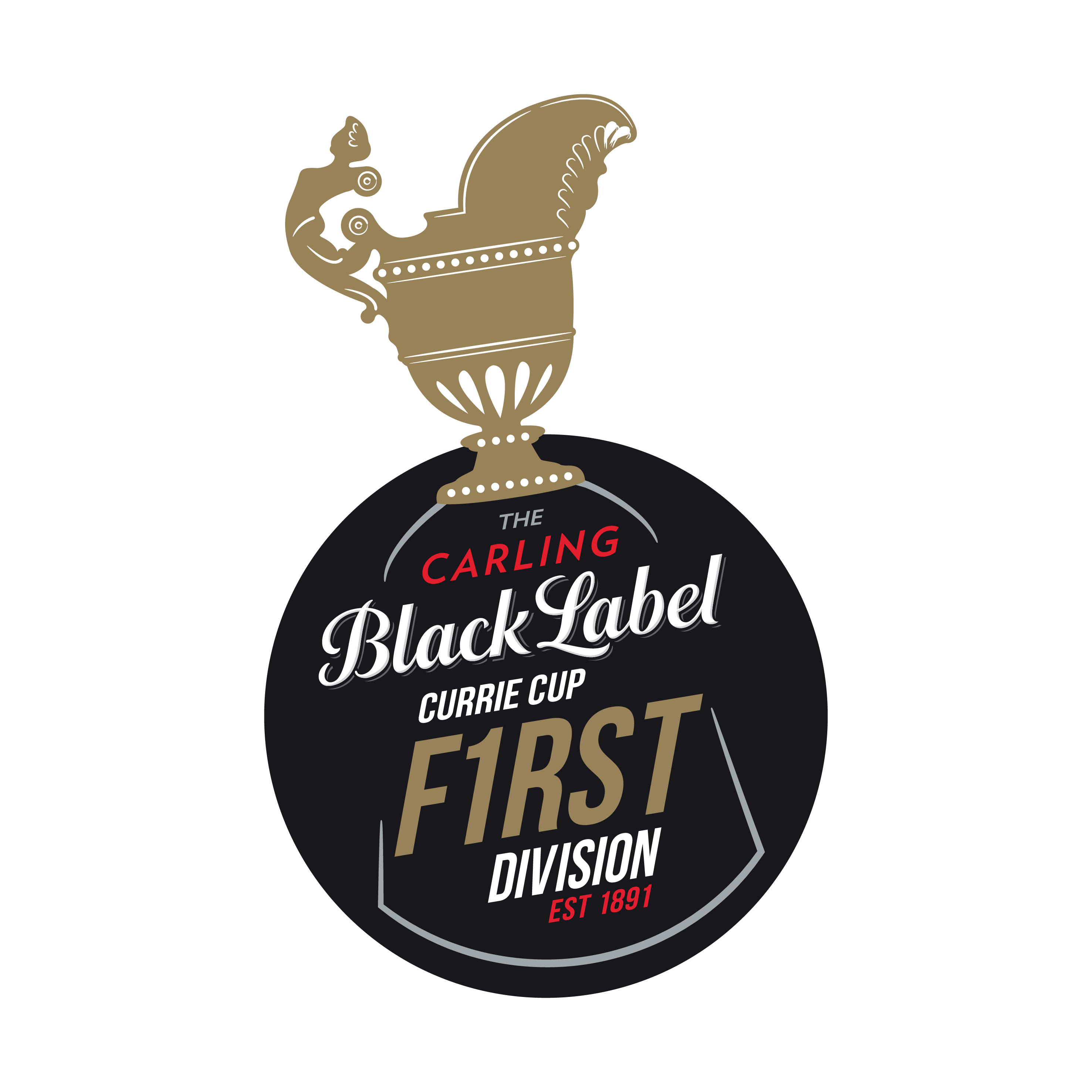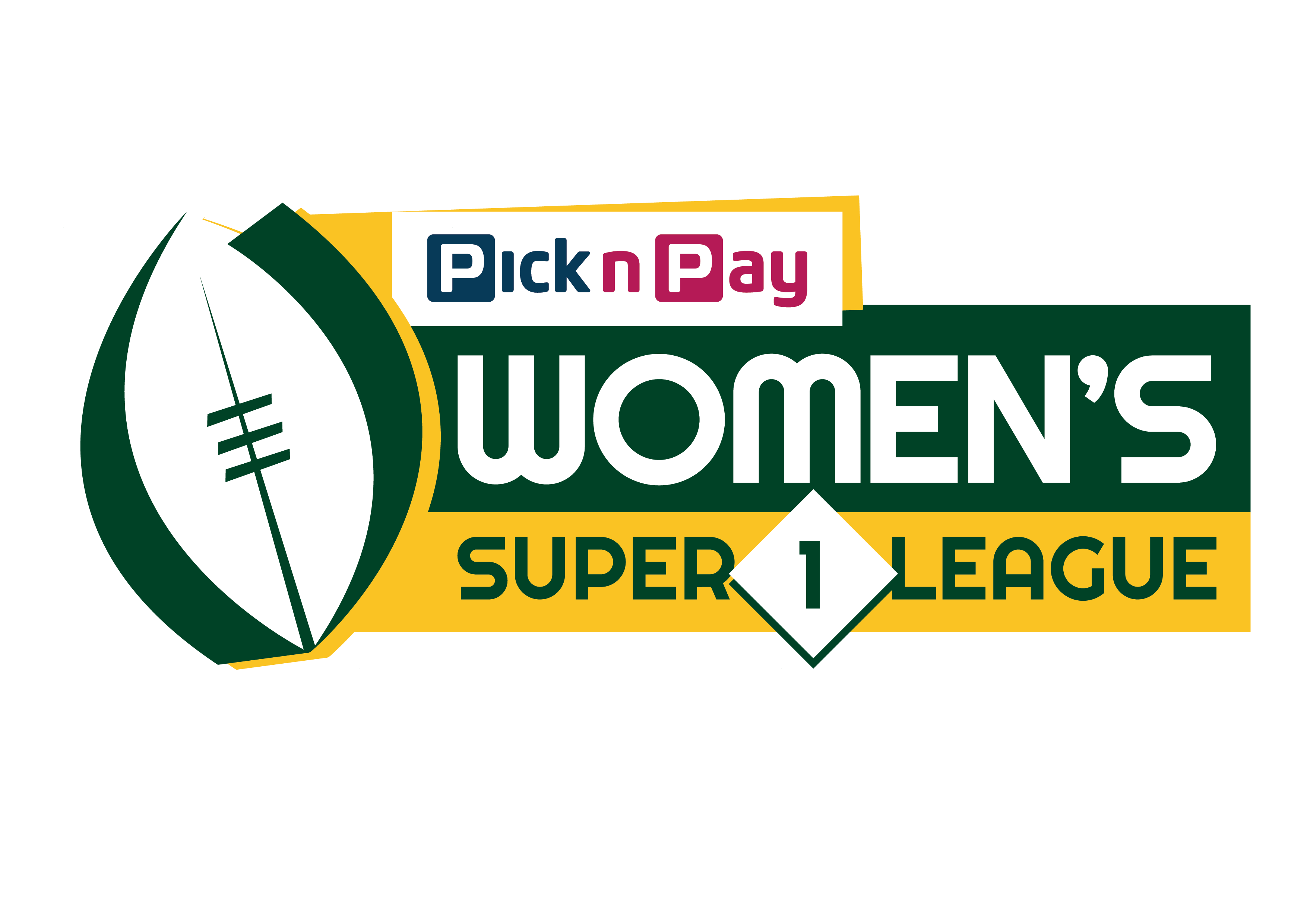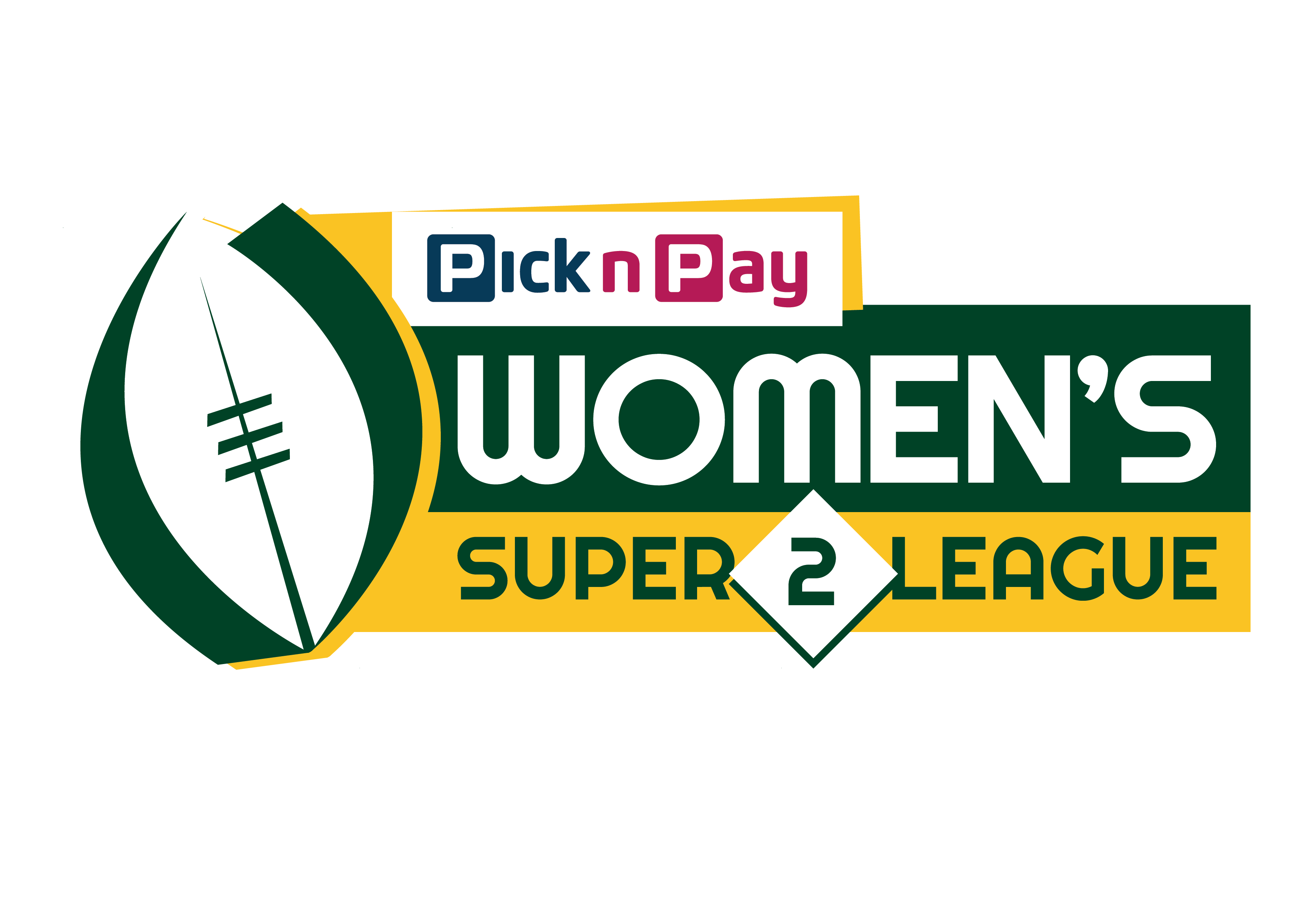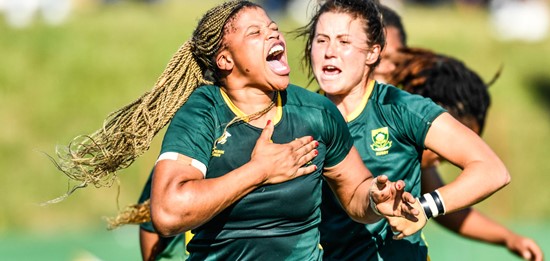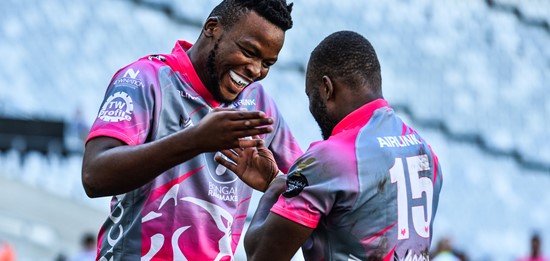There have been many calls during the 30 years since South African rugby returned from international isolation for the Boks to embrace a less conservative approach and become more attack orientated.
Invariably those calls have been met with the response that the local players don’t play that way every week for their franchises or provinces, so how can they be expected to embrace it at international level.
However, that excuse would no longer be valid after an 18-round Vodacom URC season which has seen South African teams near the top of the attacking charts, and two teams in particular excelling with their offload game.
The two SA sides in the semi-finals this weekend have been on fire when it comes to their offloading game. The Vodacom Bulls currently lead the way in the competition with 228 offloads in their campaign, while the DHL Stormers are second on 219.
It is the offloads that create opportunities, and in that regard, it is interesting to see that the DHL Stormers lead the competition in clean linebreaks, with 152, and are second when it comes to number of defenders beaten, which currently stands at 391.
While the South African teams still retain the powerful forward play and the physicality which makes them so feared globally, it was their X-factor attacking game, built particularly around their offload game, that was the point of difference during the league phase of the season between the local sides and the overseas ones.
It wasn’t just the Vodacom Bulls and DHL Stormers who got that right.
The Cell C Sharks didn’t get their offload game going as they maybe should have as they lagged in 13th position, but they showed what they could have achieved had they been more adventurous with some of their offloading in their narrow quarter-final defeat in Pretoria. The try they set up for Sikhumbuzo Notshe would be close to being the try of the season, and the offloading was nothing short of sublime.
There is no differentiation in the team stats between home and away games, but you’d imagine that the Emirates Lions would be much better than 12th in offloads if it was just measured from their home games at Emirate Airlines Park, where they used the altitude as an ally in putting many overseas teams to the sword with their tempo and offload game.
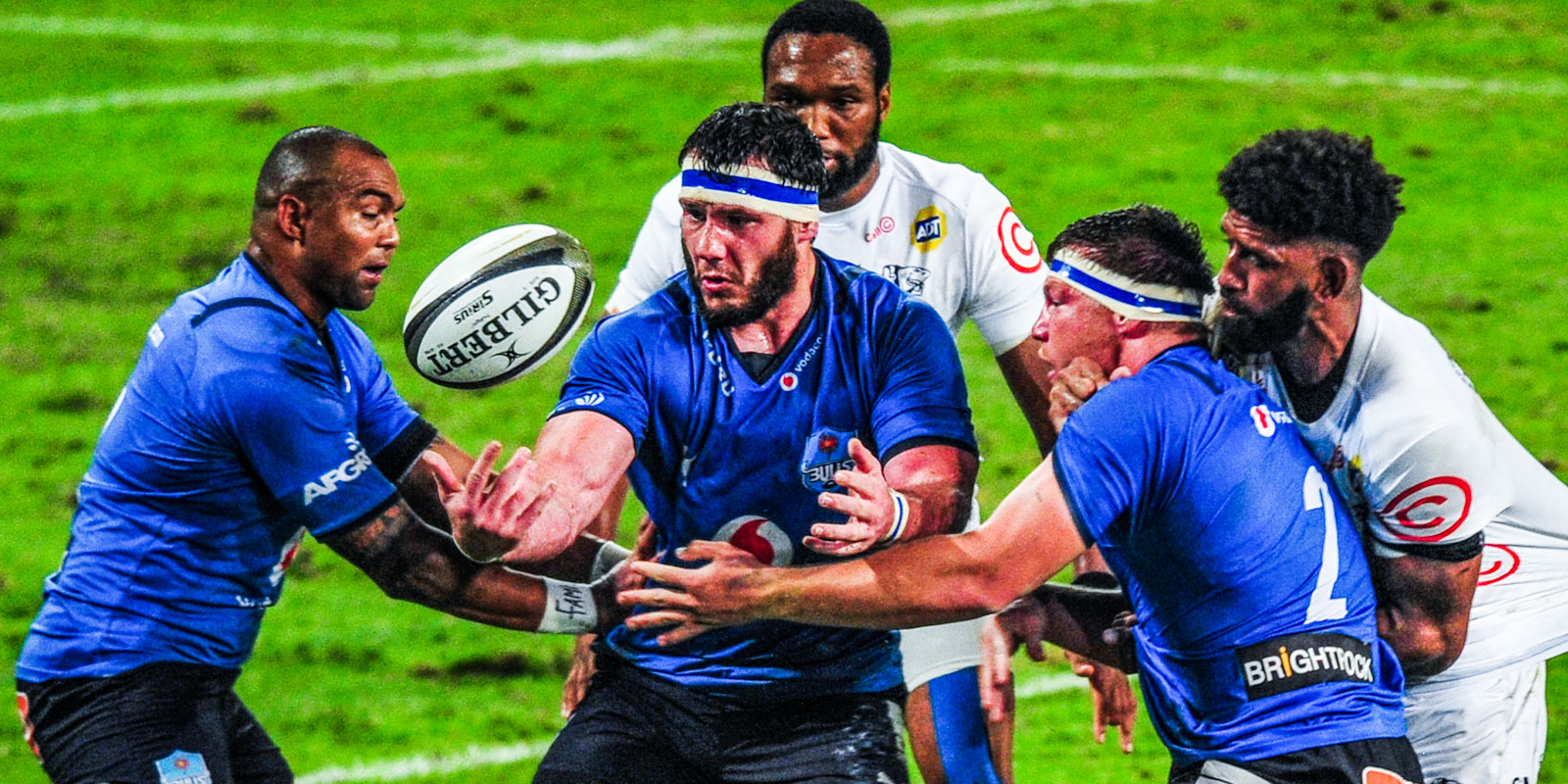
Vodacom Bulls captain Marcell Coetzee made the most offloads during the season, with 37.
The opposing teams do still speak a lot about the South African physicality, and there have been games where the Cell C Sharks in particular have relied heavily on their scrum and their maul, such as last weekend’s quarter-final, where they had the Vodacom Bulls’ pack under pressure for large parts of the match.
The physicality and press of the South African defensive systems have played a big role too. But it has been the dazzling offloads and hand to hand counter-attacks that have left the overseas teams flailing in their wake.
So, with the Springboks starting the international season in just over three weeks with the first Test of the Castle Lager Incoming Series against Wales in Pretoria, how much of the revolutionary change that has driven South Africa’s recovery from a poor start in the Vodacom URC should we expect to see feature in Bok coach Jacques Nienaber’s planning?
No one would suggest the Bok coach should drop what works for his team. They did win a Rugby World Cup with their highly physical forward and aggressive defensive game after all, and also last year’s series against the British & Irish Lions, which they went into virtually cold.
That point about them going in cold is of course pivotal to any debate about the playing style the Boks employed in 2021. They hadn’t played since the Rugby World Cup, a period of 20 months, when they played their first and what turned out to be only warmup Test against Georgia. There’d been no opportunity for growth in the interim.
But 12 months on we are looking at a very different world following a Vodacom URC season where some of the overseas coaches have made no secret of how agog they have been at how the DHL Stormers in particular have attacked them.
That the team from Cape Town won the South African Shield playing the way they do, and finished second on the overall log, says a lot for the potency of the offload game that is their strength.
Adding a willingness to back their skill-set – something that may well be the product of all those hours where teams could only focus on passing and handling skills during the COVID lockdown – to the other more traditional strengths of the Bok team could just take them to the next level.
We did see glimpses of what could be attained by injecting an attacking dynamic accented around offloads into their game in the win over New Zealand in the final game of the 2021 Castle Lager Rugby Championship. Judging from what we’ve seen in the Vodacom URC, this year we could see the world champions embrace that game even more and take a step to a new and even more formidable level.







